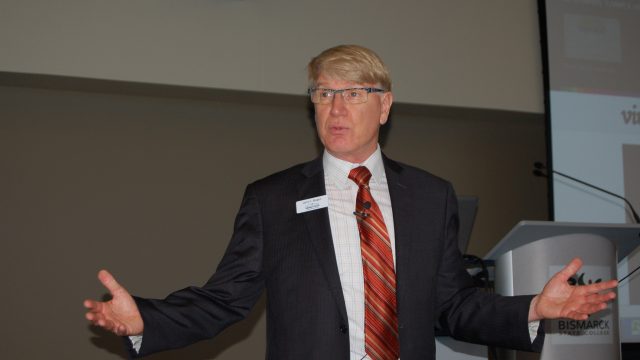University System Complains That Open Records Requests Are "Politically Motivated"

“Open records law is certainly designed to ensure transparent government,” Chancellor Larry Skogen told a recent meeting of the State Board of Higher Education. “We all agree on the need for that, but what has happened is these laws are being used for some politically motivated individuals. Now our communications have become a fishing pond in which these individuals cast wide nets in the hope of finding something to use against political opponents or for political purposes.”
I wonder if we’ll see the university system push for a narrowing of the state’s transparency laws in the 2015 session? Certainly open records requests – many filed by myself, if I might toot my own horn for a moment – have revealed one embarrassing fact after another for the higher education bureaucrats.
Whether it’s the audio of board members discussing at least one out-of-control university president with their consultant, or emails showing NDSU President Dean Bresciani’s haughty attitude about maintaining a taxpayer-funded private airplane for his personal use, open records requests have revealed a lot about the character and competency of university system officials.
That’s a good thing. There’s a lot of ugly facts about the university system that never would have seen the light of day without our state’s extremely broad, relatively user-friendly open records laws.
To the extent that the Legislature and media types like myself have been making a lot of requests of the university system, that’s a symptom of performance of the university system itself. If they weren’t giving us so much reason to request information – through scandal and incompetence and a generally hostile attitude toward public disclosure – we wouldn’t have to request so much so often.
Are some of these requests politically motivated? Of course they are, because politics is democracy. Politics is the means through which we govern. These are public institutions, and it’s perfectly ok for public officials motivated by their own views of public policy and sound governance to request information from them.
Sometimes information that the university officials find tedious or inconvenient to give up.
If Skogen and his fellow bureaucrats feel put-upon by these requests, I say too bad. The fix is to do a better job.




